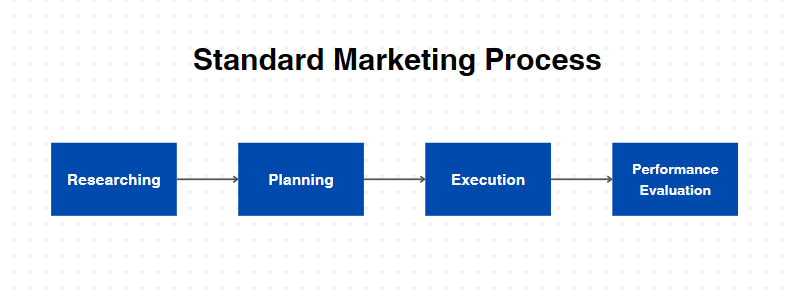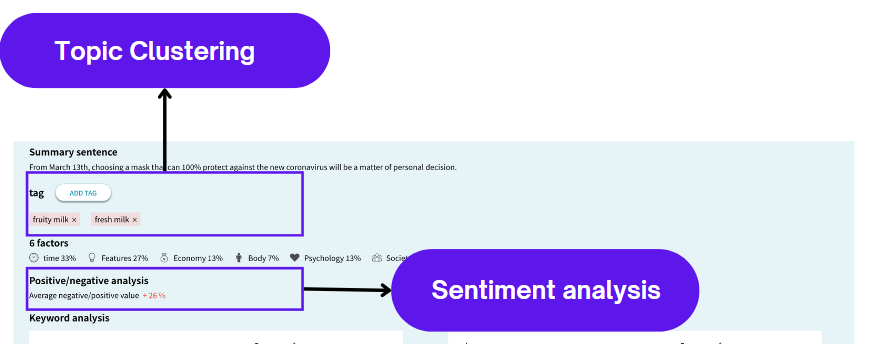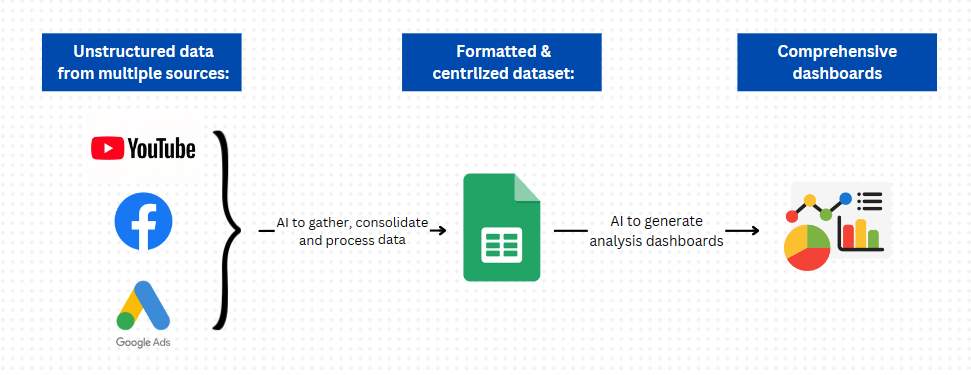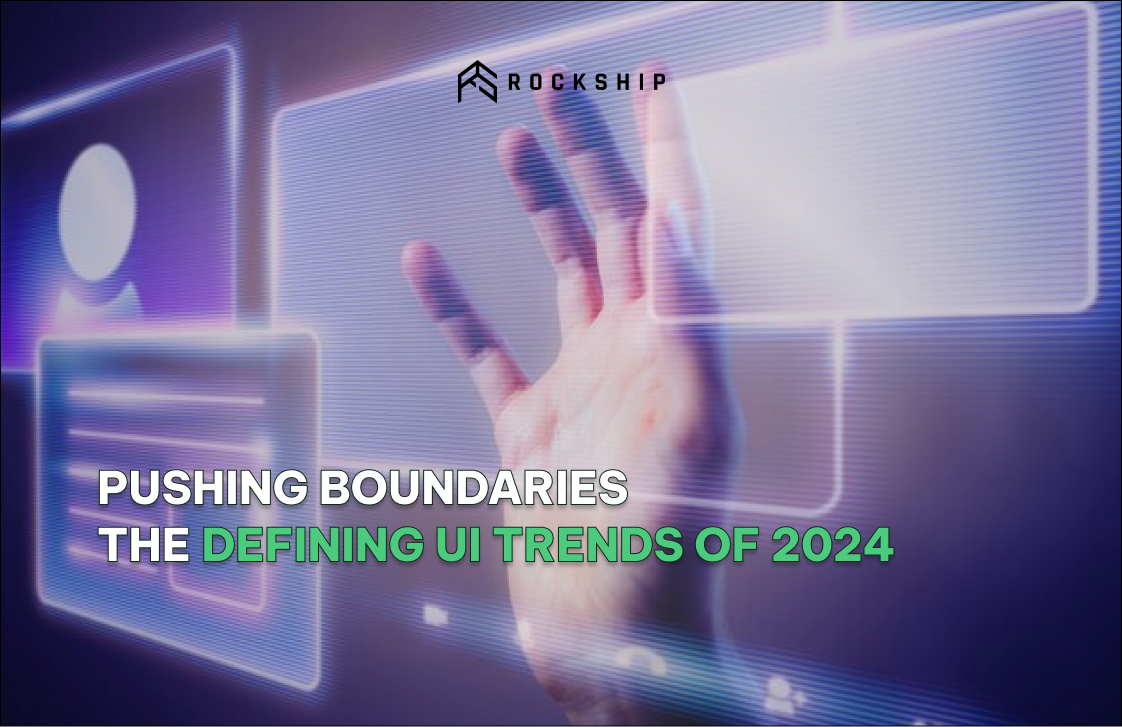Introduction
As a marketer, have you ever found yourself struggling to go through 20+ Chrome tabs doing desk research or reconcile several pivot tables just to prove a point to your boss? Many marketers are trapped in a cycle of constant manual tasks on a daily basis, stopping them from taking on more strategic and impactful initiatives.
However, the implementation of Artificial Intelligence (AI) has become a game-changer in Marketing. If used effectively, it can play a pivotal role in almost every aspect of creating a marketing campaign, relieving marketers from numerous manual, low value-added tasks.
The Standard Marketing Process:

Marketing is a broad field with countless of practices across different industries. However, crafting a marketing campaign typically includes 4 essential stages: researching, planning, execution, and performance evaluation. Research lays the groundwork by gathering insights into target audiences, market trends, and competitor strategies. Planning follows, where marketers defined objectives, strategies and tactics to achieve desired outcomes. Execution involves the implementation of the devised plan across chosen channels, aiming to reach and engage the target audience effectively. Finally, evaluation assesses the campaign's performance against predetermined metrics, allowing for insights into its effectiveness and areas for improvement. This cyclical process enables iterative refinement, ensuring campaigns remain relevant and impactful in dynamic market landscapes.
With the exponential growth of AI capabilities in recent years, it can now be applied in all of the above stages to further enhance this process. Let's dive into these AI use cases with Rockship.
AI for Researching:

Social listening is crucial research task for any marketing campaign. It demands significant manual effort to collect and aggregate data from social media, search engines or marketplaces. Such actions are incredibly time-consuming prone to human errors, resulting in missing important trends or creating more blindspots in the analysis. However, AI can be leveraged to tackle this problem:
- Keyword crawling: Automating process of systematically scanning and extracting specific keywords or phrases from web pages, social media posts, or other online sources for analysis or monitoring purposes.
- Topic Clustering: Grouping related conversations or mentions into clusters or topics to identify common themes and trends within larger datasets.
- Influencer: Identify influencers and industry thought leaders based on following or post impact to cultivate brand advocates.
- Sentiment Analysis: Identifying and categorizing the sentiment (positive, negative, or neutral) of mentions or conversations about a particular topic, brand, or product.
- Trend Analysis: Examining specific keywords, phrases, or hashtags to gain insights into how they are used, their frequency, sentiment associated with them, and their impact on online conversations or brand perception.
- Competitor Analysis: Monitoring your competitors also lets you see whether their marketing campaigns and product launches were successful, if people are responding well to their customer service, and how their engagement level is.
AI for Planning:

The planning stage requires marketers to transform the abundant amount of data in the previous stage into ideas and strategy that resonates with the audience. A specialized AI chatbot with robust machine learning algorithm, trained with the previously crawled social listening dataset, can help marketers to:
- Aggregating Preferences: Collecting and synthesizing preferences from multiple sources, such as customer feedback, market trends, and competitor analysis, to generate comprehensive insights.
- Facilitating Brainstorming: Engaging users in interactive brainstorming sessions to explore and refine campaign ideas collaboratively, leveraging the chatbot's ability to stimulate conversation and generate suggestions.
- Offering Idea Generation Support: Providing a range of campaign ideas based on aggregated preferences and research data, sparking creativity and innovation.
AI for Execution:

Execution is where Generative AI truly shines in terms of its various use cases. There are numerous models on the market that are capable of generating text copy (ChatGPT, Gemini), images (DALLE, Midjourney) and videos (Sora, Descript). Businesses can even leverage advanced open-sourced natural language processing (NLP) and image generation algorithms to automatically generate compelling catch copies and visually striking banners that are tailored to their specific needs. Marketers can now save time and resources while consistently delivering high-quality creatives that resonate with their target audience.

AI can also be used for delivering highly-targeted account-based marketing campaigns. Marketers can set up their own workflow: connect the AI algorithm to their CRM system. It will automatically draft hyper-personalized messages to prospects based on their CRM data and push it to Gmail, Outlook or Zalo, ready to be sent. This workflow is a great way to scale your outbound marketing process, especially when there are hundreds of prospects to engage with on a daily basis.
AI for Performance Evaluation:

Assessing the effectiveness of campaigns is a critical task, requiring insightful analysis of large datasets. And challenges remain: data is scattered across platforms, from social media engagements to website traffic. Consequently, tracking performance becomes disorganized, presenting a big task for data consolidation.
AI can seamlessly integrate data from various sources into a centralized repository, neatly formatted and ready for analysis. Its power lies not only in gathering dispersed information but also in standardizing it, ensuring compatibility and coherence, a task that would otherwise consume significant human resources and time.
Furthermore, AI can also effortlessly transform raw data into dynamic analytics dashboards. These dashboards provide comprehensive & actionable insights, enabling marketers to navigate swiftly and effectively through the data labyrinth.
Conclusion:
AI can be utilized for many roles across the entire spectrum of marketing activities: from researching and planning to execution and evaluation. Embracing AI isn't just an option but a necessity for organizations striving to stay competitive in today's fast-paced marketing landscape. While marketing AI holds enormous promise, CMOs should be realistic about its current capabilities: human presence is still required for stakeholder management or complex decision-making tasks. Nevertheless, marketers should start developing a strategy today to take advantage of AI’s current functionality and its likely future.
If you wish to incorporate any of the mentioned AI technology into your system, don't hesitate to contact us here for a solution that best fits your needs.



